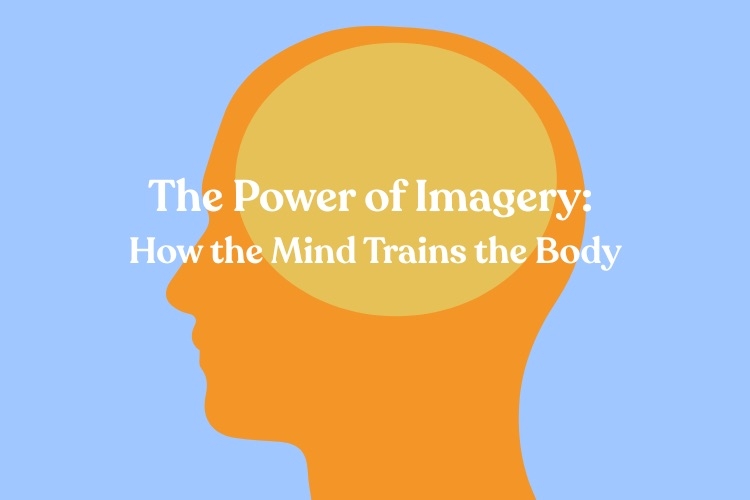Self Esteem and Identity
Many people struggle with their sense of self-worth and identity. Self-esteem and identity are interconnected parts of our mental well-being that shape how we see ourselves and how we interact with the world. When one or both of these elements are out of balance, it can lead to feelings of anxiety, depression, and confusion. In this article, we’ll explore the concepts of self-esteem and identity, how they affect our mental health, and steps you can take to build a healthier relationship with yourself.
What is Self-Esteem?
Self-esteem refers to the way you perceive and value yourself. It’s a reflection of your overall sense of self-worth and can be influenced by your thoughts, beliefs, and life experiences. People with healthy self-esteem tend to feel confident in their abilities and comfortable with who they are, while those with low self-esteem often struggle with feelings of inadequacy or self-doubt.
Low self-esteem can manifest in many ways, including:
- Constantly comparing yourself to others
- Negative self-talk
- Feeling unworthy of love or success
- Difficulty accepting compliments
- Avoiding challenges due to fear of failure
What is Identity?
While self-esteem focuses on how you feel about yourself, identity relates to the question of who you are. It’s made up of various factors such as your values, beliefs, personality traits, and the roles you play in life (e.g., as a parent, partner, professional).
Identity gives you a sense of continuity and purpose, guiding your decisions and helping you navigate life’s challenges. For many, the process of forming an identity begins in adolescence, but it can continue to evolve throughout adulthood. Life transitions such as starting a new job, entering a relationship, or becoming a parent can cause people to re-examine or redefine their identity.
The Connection Between Self-Esteem and Identity
Self-esteem and identity are deeply connected. When you have a strong sense of identity, you’re more likely to feel secure and confident in who you are, which boosts self-esteem. On the other hand, when your sense of identity is unclear or conflicted, it can lead to lower self-esteem and even emotional distress.
For example, someone who struggles with identity confusion might frequently question their purpose, values, or direction in life. This uncertainty can trigger negative thoughts and feelings of inadequacy, which further diminish their self-esteem.
Conversely, poor self-esteem can make it harder for someone to confidently express their true identity or set healthy boundaries, leading to an ongoing cycle of self-doubt.
Factors That Affect Self-Esteem and Identity
Several factors can contribute to fluctuations in self-esteem and identity.
-
Childhood experiences: Early experiences with caregivers and peers shape how we see ourselves. Emotional neglect, criticism, or lack of support during childhood can result in a fragile sense of self-worth and confusion about one's identity.
-
Social comparison: In the age of social media, comparing yourself to others can have a significant impact on your self-esteem. Seeing carefully curated images of others’ success or happiness can lead to feelings of inadequacy and confusion about your own identity.
-
Major life changes: Transitions such as divorce, job loss, or relocation can disrupt your sense of identity, making it difficult to feel secure in who you are.
-
Trauma: Experiencing trauma, such as abuse or loss, can damage your self-esteem and cause you to question your identity. This often results in feelings of unworthiness or a distorted self-image.
Signs of Low Self-Esteem and Identity Confusion
It’s common to experience occasional self-doubt or uncertainty about your identity, but when these feelings persist, they can lead to deeper emotional issues.
Some signs that you may be struggling with low self-esteem or identity confusion include:
- Difficulty making decisions or constantly seeking validation from others
- Fear of rejection or abandonment, even in close relationships
- Frequently changing your opinions, values, or behavior to fit in with others
- Feeling disconnected from your emotions or sense of purpose
- Difficulty setting or maintaining personal boundaries
Steps to Build Healthy Self-Esteem and Identity
If you’re experiencing low self-esteem or identity confusion, change is possible.
Here are some steps you can take to strengthen your self-worth and clarify your identity:
-
Practice Self-Compassion: Treat yourself with kindness, especially when you make mistakes. Recognize that no one is perfect, and self-criticism only reinforces negative self-esteem.
-
Challenge Negative Thoughts: When you catch yourself engaging in negative self-talk, challenge those thoughts by asking if they’re truly reflective of reality. Replace harsh judgments with more balanced, positive affirmations.
-
Set Boundaries: Establish clear boundaries in your relationships and prioritize your own needs. Learning to say no can help you reclaim your sense of identity and reduce the need to seek external validation.
-
Engage in Self-Reflection: Take time to explore your values, interests, and passions. Self reflection, and journaling can help you gain clarity about who you are and what truly matters to you.
-
Seek Support: If you’re struggling with self-esteem or identity issues, consider seeking the help of a qualified psychologist, they can provide guidance and support as you navigate these complex issues.
We can help
Understanding and nurturing your self-esteem and identity is a crucial part of mental health and well-being. By taking small, intentional steps to care for yourself, you can cultivate a stronger sense of self-worth and gain clarity about who you are. Remember, everyone’s journey is unique, and it’s okay to ask for help along the way.
If you or someone you love is struggling with low self-esteem or identity confusion, our qualified psychologists can help.



